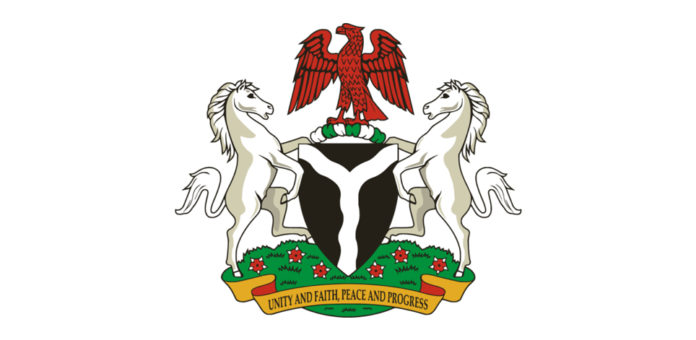The Federal Government has reaffirmed its commitment to transparency, fairness, and regulatory compliance in Nigeria’s tertiary admissions. This was stated by the Honourable Minister of Education, Dr. Maruf Tunji Alausa, at the 2025 JAMB Policy Meeting on Admissions into Tertiary Institutions, held in Abuja.
Dr. Alausa emphasized that all admissions must be processed through the Central Admissions Processing System (CAPS). He warned that any admission conducted outside CAPS is illegal and will attract sanctions.
He also stressed the continued use of the National Identification Number (NIN) for UTME registration, which has helped reduce identity fraud and multiple entries. The 16-year minimum age requirement for admission was reinforced, with institutional heads held personally accountable for violations, except in properly documented cases involving gifted children.
To tackle examination malpractice, the Minister announced the creation of a Central Examination Malpractice Unit within the Ministry. This unit will manage a national database of offenders and support enforcement of the Examination Malpractices Act.
Dr. Alausa further revealed that WAEC and NECO are being supported to transition fully to computer-based testing (CBT) to improve exam integrity.
In line with President Bola Ahmed Tinubu’s Renewed Hope Agenda, the Minister disclosed that ₦110 billion has been allocated through TETFund for 18 health-focused universities. He also noted a 21% increase in applications from Persons Living with Disabilities (PLWDs), encouraging institutions to continue driving inclusion.
Minister of State for Education, Professor Suwaiba Said Ahmad, called for a balanced approach to admissions—ensuring access, quality, and equity. She praised JAMB’s transparency and urged institutions to prioritize merit-based selection while aligning courses with national needs, particularly in STEMM, agriculture, and inclusive education.
She encouraged the adoption of data-driven planning to support long-term goals and national development.
From the legislature, Senator Shuaib Salisu, Chairman of the Senate Committee on ICT and Cybersecurity, called for the criminalization of fraudulent admissions. He criticized institutions exploiting policy loopholes and assured stakeholders of legislative backing to punish offenders. He also emphasized inclusive education as a tool for national stability and peace.
JAMB Registrar, Professor Ishaq Oloyede, presented the 2025 UTME statistics, revealing over two million applicants. Lagos State University (LASU), University of Lagos (UNILAG), and University of Ilorin (UNILORIN) were the top three most preferred institutions.
He urged institutions to upload their updated, senate-approved admission policies to the Integrated Brochure and Syllabus System (IBASS) by October 31, 2025. Failure to do so, he warned, will prevent any adjustment to their 2026 admission criteria.
Stakeholders agreed on the following cut-off marks for the 2025/2026 session: 150 for universities, 140 for schools of nursing, and 100 for polytechnics, colleges of education, and colleges of agriculture.
Admissions deadlines were set as follows: public universities by October 31, private universities by November 30, and polytechnics and colleges of education by December 31, 2025.
The meeting concluded with a strong call for all institutions to adhere strictly to regulations and timelines. Dr. Alausa reaffirmed the Ministry’s dedication to safeguarding the integrity of Nigeria’s tertiary education system.
Signed
Boriowo Folasade
Director, Press & Public Relations






